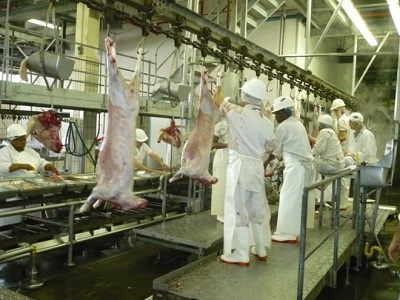
Francis B. Kolo
University of Pretoria, South Africa
Title: Prevalence of brucellosis in slaughter animals in gauteng province abattoirs, South Africa: Food safety implications
Biography
Biography: Francis B. Kolo
Abstract
Brucellosis is one of the neglected zoonotic disease, a highly infectious and contagious zoonotic disease of humans, and a wide range of domestic animals. Globally, abattoirs are used for passive and active surveillance of diseases of both economic and public health significance.
This research goal was to determine the prevalence of Brucella spp. in slaughter livestock in abattoirs in Gauteng province, and the risk posed to consumers of Brucella-contaminated meat.
11 livestock abattoirs were included in the study from where 266 serum samples and 798 tissue samples comprising lymph nodes, spleen and liver were collected from 266 animals. An 11.5% and 5% sero prevalence were detected from RBT and iELISA respectively from cattle. 89% of iELISA positive samples were also tissue-positive for Brucella spp. by PCR. The PCR positive samples originated from 54.5% of the abattoirs were visited. It was concluded that meat from slaughtered Brucella spp. infected livestock pose a potential food safety risk to consumers.

Abattoir workers dressing carcasses at an abattoir in Gauteng Province, South Africa

